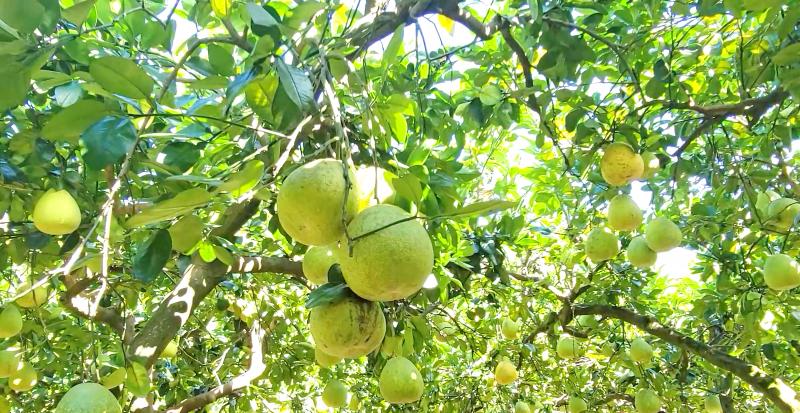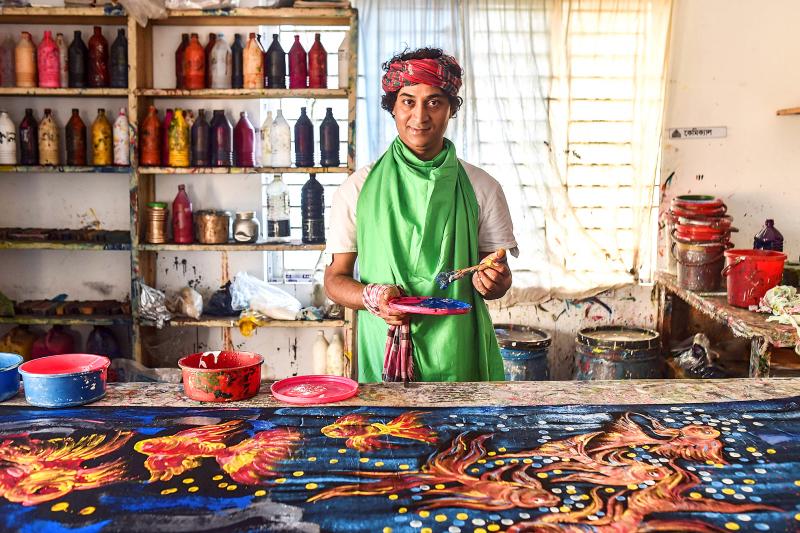
Pomelo market at risk: Greenpeace
However, Greenpeace climate change models using data from the Central Weather Bureau and the Ministry of Science and Technology’s Taiwan Climate Change Projection Information and Adaptation Knowledge Platform show dramatic fluctuations in production over the next decade, it said. June is peak growing season for pomeloes, during which time fluctuations in daily temperatures have a significant effect on fruit development and output, Greenpeace East Asia campaigner Liu Yi-chun (劉羿君) said. Aside from rising temperatures, unsteady precipitation would also impact yields, Greenpeace said. Farmers’ livelihoods depend on the weather, leaving them especially vulnerable to climate change, Liu said. Greenpeace called on local governments to pass ordinances governing the distribution of federal assistance, as well as develop strategies to help farmers deal with climate change through assessing risk and ensuring access to water.
Source: Taipei Times September 18, 2021 15:56 UTC







